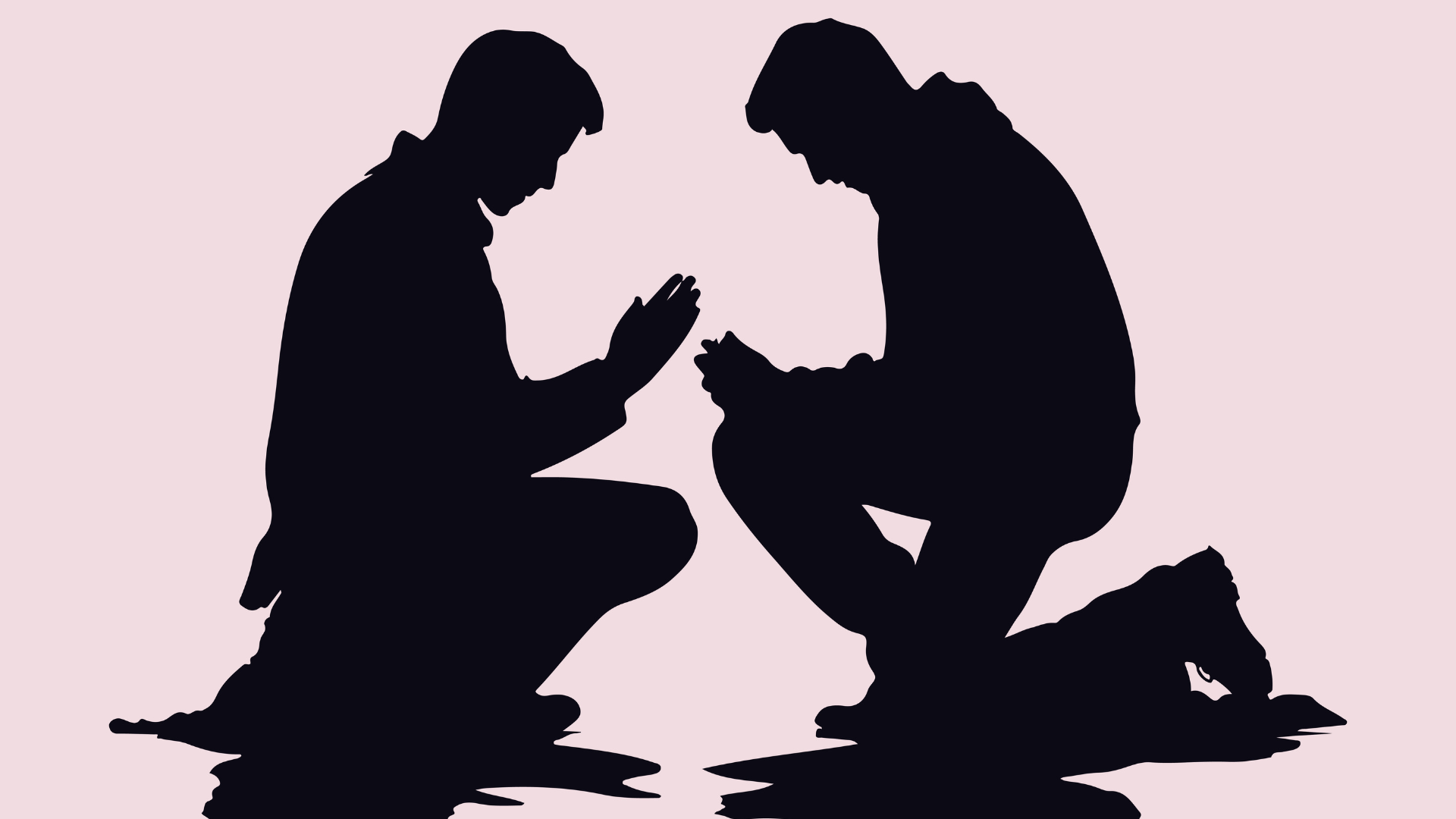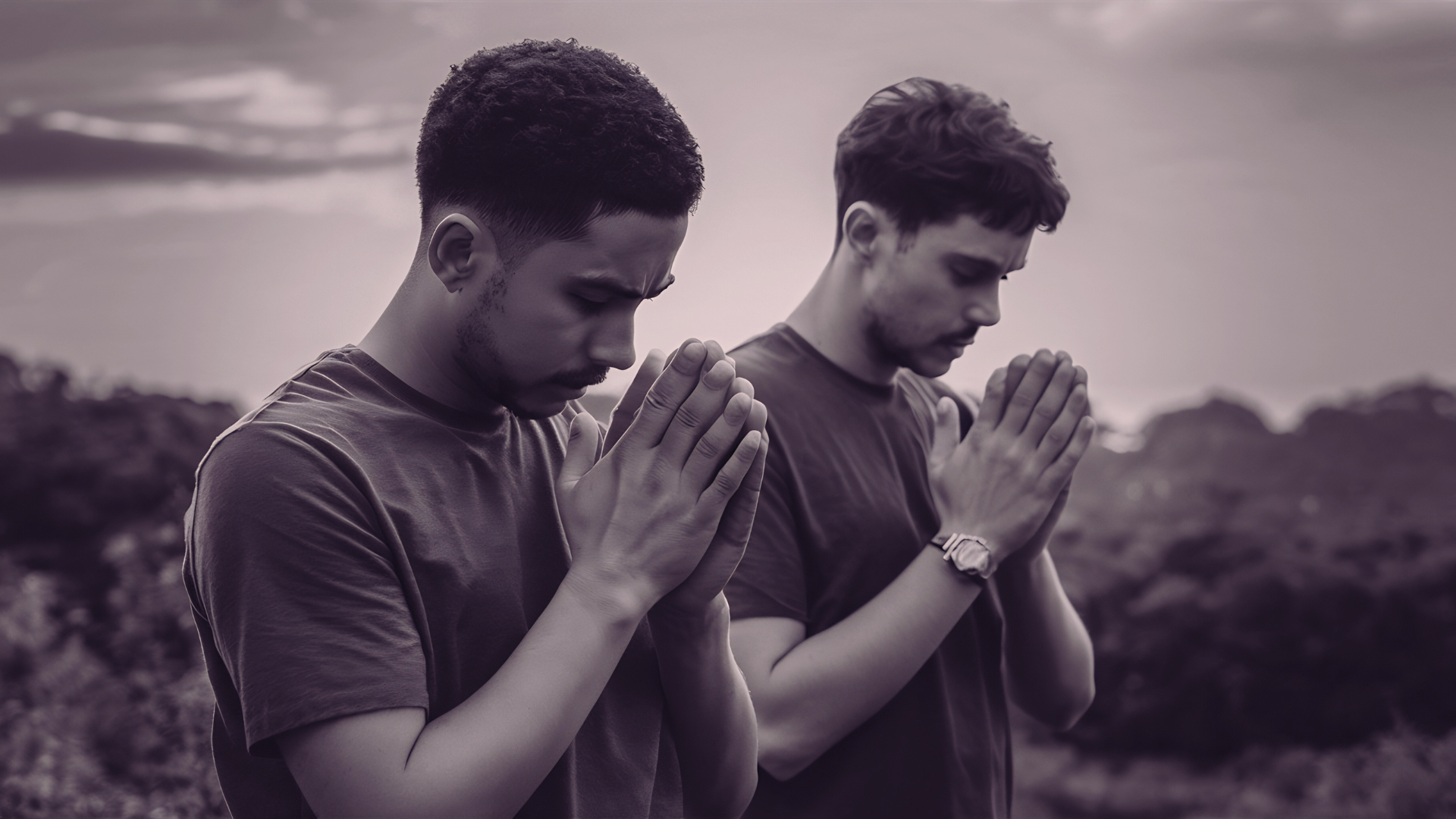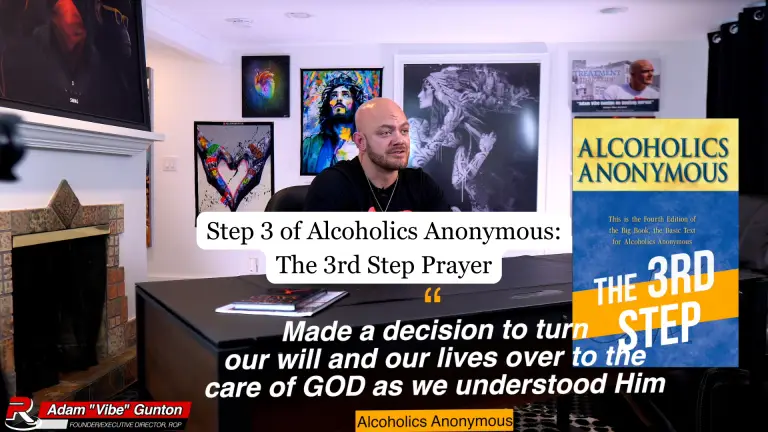Step 3 of Alcoholics Anonymous (AA) marks a profound turning point in the recovery journey, asking us to surrender our will and lives to a higher power. This decision, guided by the 3rd Step Prayer, opens the door to freedom, clarity, and a renewed sense of purpose. Whether you’re seeking peace after realizing your life had become unmanageable, or looking to deepen your connection with God, Step 3 is a vital step toward lasting transformation and spiritual growth.
Understanding Step 3 in Alcoholics Anonymous

Step 3 of Alcoholics Anonymous invites us to “make a decision to turn our will and our lives over to the care of God as we understood Him.” This step is about surrender—not as defeat, but as a pathway to freedom and clarity. It acknowledges that our own attempts to control life have led to destructive patterns, opening the door to guidance from a higher power.
The significance of Step 3 lies in its transformative nature. It’s a decision to trust in a greater plan, letting go of fear and ego in favor of faith and humility. This step isn’t just a milestone in the 12 Steps; it’s a daily practice that realigns our actions and mindset with recovery and purpose.
By embracing Step 3, we begin to experience peace, improved relationships, and a deeper sense of meaning in our lives.
What Does It Mean to Turn Your Will and Life Over to God?

Step 3 of AA is a cornerstone of the addiction recovery process and an essential step in the twelve steps program. It challenges us to “turn our will and our lives over to the care of God as we understood Him.” But what does this truly mean? At its core, the third step is about surrendering the control we believed we had and trusting in a higher power to guide our recovery journey.
Breaking Down “Your Will” and “Your Life”
“Your will” represents your desires, plans, and the decisions you’ve made based on your own thinking. For those battling alcohol addiction, self-will often led to destructive choices and spiraled into chaos. Turning your will over to God means saying, “I trust Your plan more than my own.” It’s about actively seeking a path of spiritual growth and releasing the need to control every outcome.
“Your life” encompasses everything—your relationships, work, finances, and personal well-being. Addiction often leaves these areas in ruins, creating feelings of hopelessness and loss. By turning your life over to God, you’re entrusting every aspect of your existence to a power greater than yourself, believing that restoration and transformation are possible.
Why Trusting God’s Plan Is Essential in Recovery
Trusting God’s plan is a transformative act in the spiritual awakening that begins with Step 3. It acknowledges that our attempts to control life led us to pain and suffering. Surrendering to God isn’t about abandoning responsibility; it’s about aligning our actions with divine guidance. This shift helps us navigate challenges with hope and faith, transforming obstacles into opportunities for growth.
When you truly take the third step, you start to experience clarity, purpose, and peace that were once unimaginable. This act of faith not only propels your recovery journey but also deepens your connection to a higher power, setting the stage for long-term freedom and serenity.
How Step 3 Aligns with Recovery Goals

Step 3 of AA represents a significant shift in the overcoming addiction process. It asks us to make a choice to turn our will and our lives over to God’s care, a decision that creates the foundation for a better life. Whether you see this power as the Christian God, a universal force, or something else, the principle remains the same: surrendering control opens the door to a new path filled with purpose and hope.
Letting Go of Control to a Higher Power: A Necessary Step in Healing
One of the greatest challenges in recovery is learning to let go of self-will, the internal drive to control everything, which often led to destructive patterns and the inability to stop drinking. Step 3 invites us to release this burden, recognizing that relying solely on ourselves has brought pain, chaos, and regret. By choosing to accept guidance from a power greater than ourselves, we open the door to healing.
Letting go doesn’t mean giving up—it’s an act of faith that allows us to focus on what truly matters: rebuilding relationships, finding joy in everyday moments, and creating a fulfilling life in recovery. It’s about trusting that the path ahead, while uncertain, is better than the one left behind.
Experiencing Freedom Through Surrender in the Recovery Process
When we surrender to a higher power, we experience freedom from the fear and anxiety that once controlled us. This decision enables us to make positive changes in our behavior, choices, and outlook. For those with or without religious beliefs, the act of surrender is transformative, allowing us to stay sober and discover a deeper purpose.
The AA community teaches that surrendering is not a sign of weakness but a step toward strength. By embracing Step 3, you begin to create a life of peace, love, and meaning, free from the chains of addiction.
Understanding the Words of the 3rd Step Prayer

The 3rd Step Prayer is a pivotal moment in recovery, providing a clear path to surrender. It builds on the groundwork laid in Steps 1 and 2, where we admitted we were powerless over alcohol use and came to believe that a power greater than ourselves could restore us to sanity. Step 3 asks us to take action by turning our will and lives over to God’s care, and the prayer serves as both a guide and a commitment to that surrender.
The 3rd Step Prayer of AA Reads:
“God, I offer myself to Thee—to build with me and to do with me as Thou wilt. Relieve me of the bondage of self, that I may better do Thy will. Take away my difficulties, that victory over them may bear witness to those I would help of Thy Power, Thy Love, and Thy Way of Life. May I do Thy will always.”
The Premise of the Prayer: “Your Will, Not Mine, Be Done”
The prayer’s essence lies in the phrase “Your will, not mine, be done.” This aligns with the AA principle of surrender, urging us to accept God’s guidance. It provides the foundation for a life of purpose and peace, helping us become the person we were meant to be. Through this prayer, we find support to let go of ego and trust in a power greater than ourselves.
Living Out the 3rd Step in Your Daily Life

Practicing Step 3 daily ensures its transformative power extends into all our affairs. Begin your morning with a moment of surrender, asking your higher power for guidance and strength to align your day with recovery. Use tools like the Serenity Prayer to stay centered, especially when facing decisions. Pause to ask, “What would God have me do?” rather than relying on self-will.
At day’s end, take a personal inventory, reflecting on whether your actions aligned with the principles of the twelve steps. This process builds on the initial steps and sets the stage for personal growth by recognizing the exact nature of any missteps.
Through these practices, alcoholics in recovery find support and peace, becoming the person they were meant to be.
Overcoming Fear and Embracing Faith in Step 3

Step 3 in the AA program often feels like a leap of faith, but it’s one of the most rewarding parts of the recovery journey. Turning your will and life over to God challenges you to let go of control and trust in a plan greater than your own. It builds on the first step, where we admitted powerlessness, and prepares you for the fearless moral inventory of Step 4.
Facing Resistance: Why Surrender Can Feel Difficult
Surrendering control is a struggle for many, as it requires us to accept that our best efforts led to chaos and pain. Resistance often stems from fear—fear of change, failure, or the unknown. As you work through the previous steps and engage with your AA literature or support group, you’ll find strength in the collective wisdom of those who’ve walked this path. The decision to trust and let God remove obstacles is not about perfection but progress, and it’s a daily practice.
The Joy of Realigned Relationships and Purpose
The rewards of Step 3 are profound. By surrendering to God’s care, you begin to repair relationships damaged by alcohol and selfish behaviors. With conscious contact with your higher power, your actions reflect love and integrity, creating harmony in your life. The AA program and your support group provide the tools and encouragement to navigate this transformation.
Step 3 lays a foundation for the next stages of addiction treatment and recovery, opening the door to purpose and peace. Embracing this step helps you rediscover joy and live with intention, free from the burdens that once held you back.
Building a Relationship with God in Recovery

Step 3 is a foundation for personal growth, deepening your connection with your higher power. Faith becomes a daily practice as you trust in guidance beyond yourself, even when life feels uncertain. It’s not about perfection but progress—learning to align your actions with God’s will and correcting missteps when wrong promptly admitted it.
This trust helps address all these defects of character revealed in the steps, leading to meaningful change. With humility, you find peace in making direct amends to such people you’ve harmed. Through surrender, support, and faith, you move from the chaos of lives that had become unmanageable to a purpose-driven recovery.
Step 3: A Lifelong Journey of Surrender and Peace
Step 3 is more than a single decision—it’s a daily practice of surrendering to your higher power and aligning your life with purpose and faith. As you walk this path, remember the freedom and clarity that come from trusting in a power greater than yourself.
It’s a powerful shift from the chaos of when our lives had become unmanageable to a life of peace, growth, and meaning. Each day is an opportunity to deepen your trust, embrace progress, and stay connected to the journey of recovery, guided by the transformative power of Step 3.
Adam Vibe Gunton is an American author, speaker and thought leader in addiction treatment and recovery. After overcoming homelessness and drug addiction, Adam found his life’s purpose in helping addicts find the same freedom he found. As Founder and Executive Director of the 501(c)3 nonprofit, Recovered On Purpose, and Managing Partner of Behavioral Health Partners, Adam has helped thousands find freedom from addiction all over the world.
